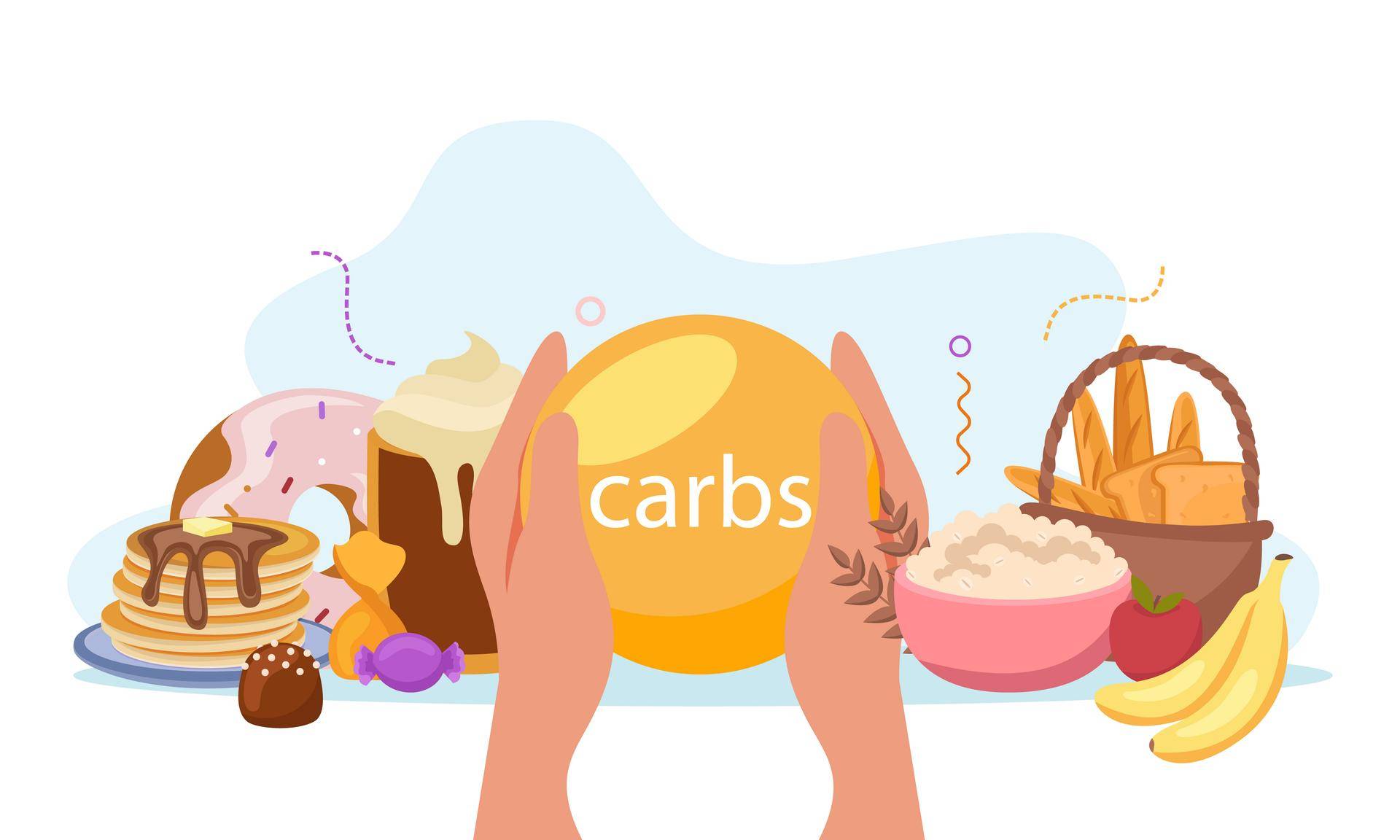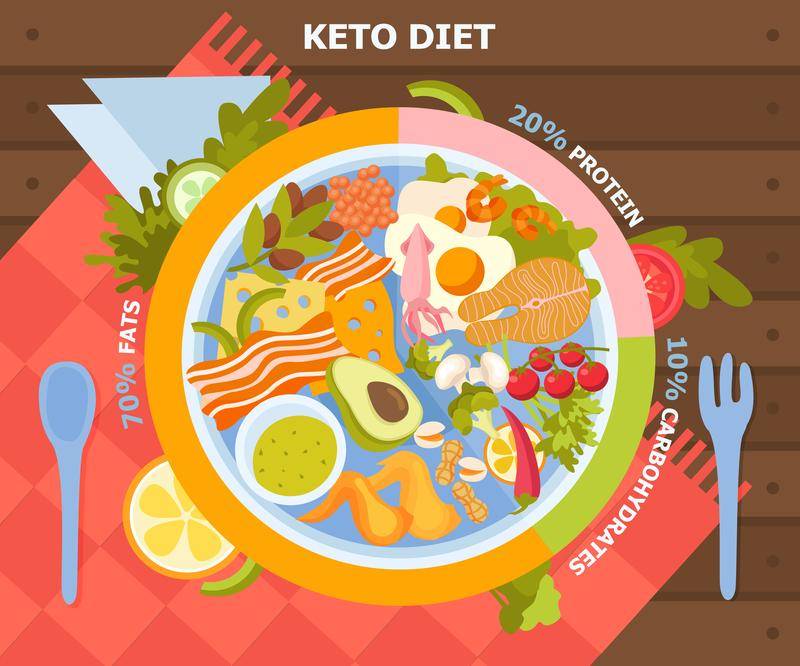

Western Diet, Eastern Wisdom: Why Gut Health Craves a Change
Ever found yourself knee-deep in a plate of fries or diving into a sugary treat, only to wonder if your love for modern fast food might be causing more trouble than you thought? Spoiler alert: it might be. Researchers have been uncovering how our go-to diets of processed foods and sugary snacks impact our gut microbiota and overall immunity.
Picture your gut as a lively party where diversity is the star guest. A high-fat, Western-style diet is like inviting a bunch of party crashers who don’t belong. Instead of a mix of friendly bacteria like Bifidobacteria and Lactobacilli, you end up with a crowd of unfavourable Firmicutes and Proteobacteria. With fewer of the good guys and more troublemakers, your gut’s fiesta turns into a chaotic mess, leading to an unhappy gut environment.
What Makes the Western Diet ‘Western’?
The typical Western diet is high in:
- Refined carbohydrates (e.g., white bread, pastries)
- Saturated and trans fats (e.g., found in fast foods and processed snacks)
- Sugars (e.g., sodas, candy)
- Low fibre content (due to a lack of fruits, vegetables, and whole grains)
This combination results in a diet that is energy-dense but nutritionally deficient, lacking the diverse nutrients and fibres that microbes thrive on.
How Does the Western Diet Impact the Microbiome?
The Western diet doesn’t just shuffle the guest list (your microbiome community)—it also brings along many diseases as a plus one.
- Low Fibre, Low Diversity
Fibre is essential for microbial diversity. It acts as food for many types of gut bacteria, which, in turn, produce short-chain fatty acids (SCFAs) like butyrate. SCFAs are crucial for maintaining the gut lining, reducing inflammation, and supporting immune function. Unfortunately, the Western diet's low fibre content limits the amount of fuel available for these beneficial bacteria. Over time, this can reduce microbial diversity, with some species dwindling or disappearing entirely. - High-Fat and High-Sugar Diets Fuel ‘Bad’ Bacteria
Studies have shown that diets high in fat and sugar encourage the growth of bacteria linked to inflammation. One example is Bilophila wadsworthia, a bacterium associated with high-fat diets that produces hydrogen sulfide, a compound that can contribute to inflammation in the gut. This shift towards inflammation-promoting bacteria has been linked to conditions like Irritable Bowel Syndrome (IBS), obesity, and even colorectal cancer. - Altered Metabolism and Obesity
Some bacteria are better at extracting energy from food than others. Diets high in refined sugars and fats can favour the growth of bacteria that increase calorie extraction from food, potentially leading to weight gain and metabolic disturbances. For instance, Firmicutes, a phylum of bacteria that thrives on the Western diet, is often found in higher ratios in obese individuals than in lean individuals. - Increased Intestinal Permeability (‘Leaky Gut’)
The Western diet’s high-fat and low-fibre content can weaken the integrity of the gut barrier. This condition, often called “leaky gut,” allows larger, harmful molecules to pass through the gut lining and into the bloodstream, where they can trigger immune responses and inflammation. This has been linked to autoimmune diseases, food sensitivities, and chronic inflammation, which can play a role in the development of conditions like type 2 diabetes and cardiovascular disease. - Increased Risk of Mental Health Disorders
Emerging research on the gut-brain axis—how the gut microbiome affects mental health—suggests that the Western diet could contribute to mood disorders and anxiety. An imbalanced microbiome can interfere with the production of neurotransmitters like serotonin, which is produced in the gut. Diets high in processed foods and sugar have been associated with increased risk of depression and anxiety, as they disrupt the microbiome’s ability to regulate these neurotransmitters.
So, what’s the fallout from all this dietary drama? Western diet may be feeding our taste buds, but in reality, starves off the microscopic organisms in our gut responsible to keep us healthy.
Sticking with the high-fat, Western-style diet for too long, might lead you to a roller coaster of chronic diseases. But don’t worry—there’s hope for escape! You can turn things around with a few dietary changes. Swap out processed foods for more fruits, vegetables, whole grains, and fibre to bring back diversity and calm the inflammation storm. Adding probiotics and prebiotics to your diet can also help boost those friendly gut bacteria and repair the leaky gut situation.
So, next time you’re eyeing that burger and fries, remember: your gut is throwing an important party. By making healthier food choices, you can ensure the guest list stays lively, and your gut remains a happy place. Cheers to a healthier, happier you!
References
https://doi.org/10.3390/cells10113164
https://doi.org/10.1146/annurev-food-052720-011032

